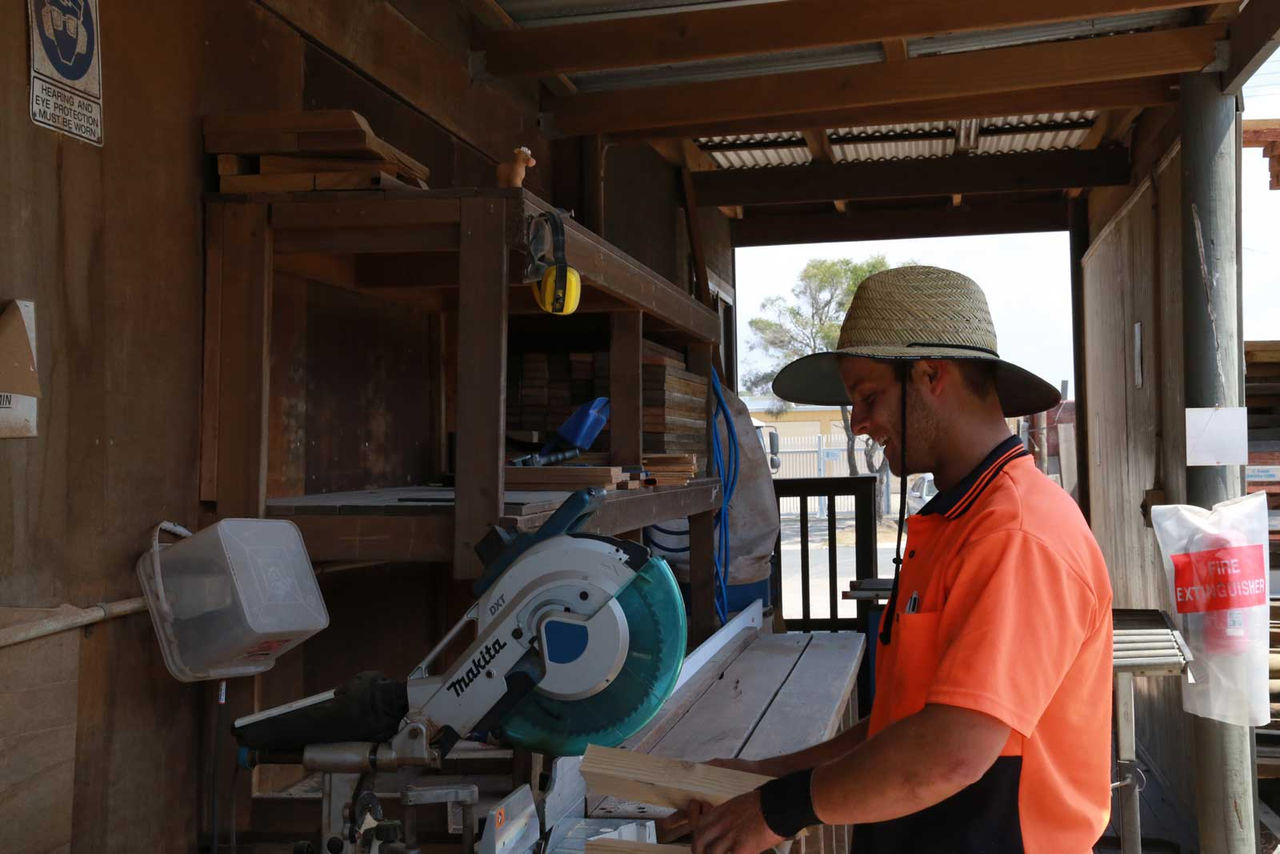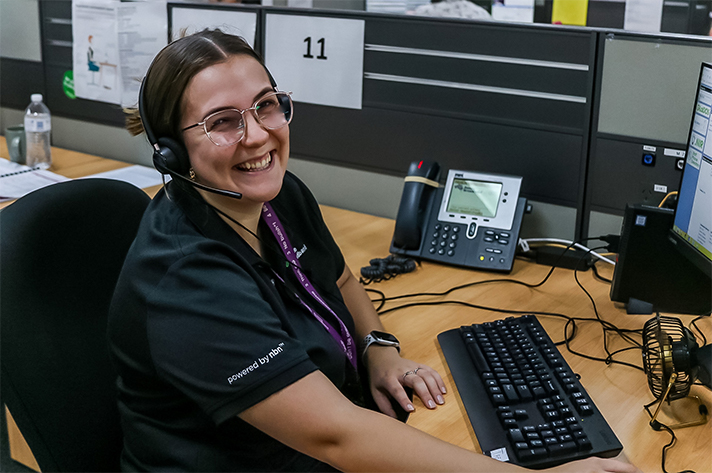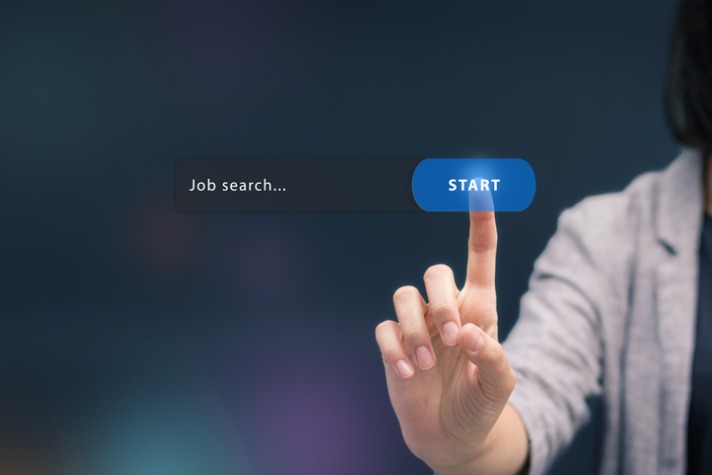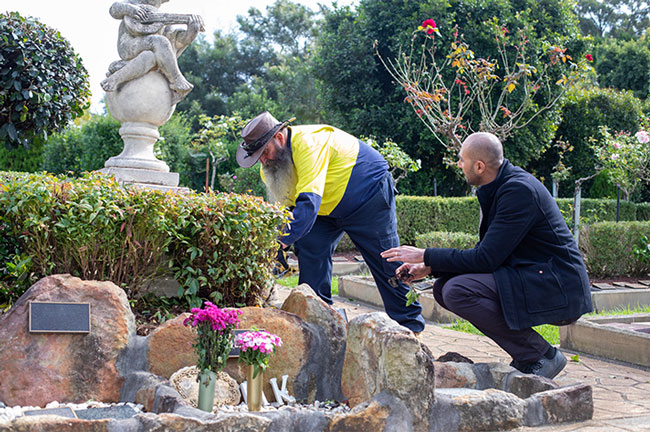Managing depression at work
Published by MAXSolutions on December 18, 2022

We can all get sad and moody sometimes but what happens when these feelings persist and start to impact our work life?
Being depressed at work can have a dramatic impact on your job performance, your relationships in your workplace, and most importantly, your health and well-being.
Understanding is the first step in treating depression.
Once you understand how it affects you, you can better implement the right strategies when managing depression at work.
What is depression
Feelings of sadness are a common and normal response to the events that happen to us in life.
However, feeling down most of the day and for extended periods is not.
Depression can present in various ways and will depend on the person, and this is important to bear in mind.
Some symptoms include things like changes in appetite, difficulty sleeping and irritability.
You may also experience feelings of hopelessness or no longer enjoy your hobbies or favourite activities.
Depression can also occur alongside other conditions such as chronic pain or anxiety.
How to manage depression at work
Being depressed at work can be a difficult thing to manage.
The additional stressors in your workday can make your symptoms worse and trying to ‘tough it out’ is never a good idea.
Good mental health much like physical health requires consistent work.
There are no quick fixes, but these suggestions below can go a long way to making you more mentally fit and better able to manage your depression at work.
Talk about your feelings
Opening up and being honest about your struggles is normally the first step to better mental health.
Whether it’s family, friends or a trusted colleague, by having these conversations you may be surprised just how common these feelings are.
Knowing you are not alone in what you are going through can be very helpful.
If you don’t feel comfortable having this discussion with a friend, you could also use an Employee Assistance Program (EAP) if your company has one.
An EAP is a service typically paid for by your employer that you can use anonymously, to talk through your problems with a trained counsellor.
People in employment services at MAX can access an allied health professional to support them in managing depression.
These health professionals can then suggest some helpful strategies for your situation and recommend where to go for further assistance with your depression.
Seek and maintain professional help
While the internet is full of useful information that you can use to better yourself, medical diagnosis is best left to the professionals.
Reaching out to a trained mental health practitioner will cut out the anxiety of trying to self-diagnose yourself and figuring out what tools and strategies work.
It could be having an initial discussion with your GP to create a mental health plan or a chat with a counsellor through your EAP.
However, if your depression is significantly impacting your daily life, it may be worth speaking to a psychologist or psychiatrist.
Change your thinking or self-talk
One of the common tools that mental health professionals will recommend is changing the way we think and speak about ourselves.
The first step is about identifying when we are being unkind to ourselves whether in our thoughts or by the way we are speaking about our actions or capabilities.
Being aware of negative thoughts and noticing patterns helps you take a more objective stance or think about things from an alternative perspective.
In turn that can help lessen the impact of those thoughts and even turn them to become more helpful or positive.
For example, you may be doing a new task at work and not finding much success.
You may think “I am bad at this task; my boss will think I’m useless at my job”
By taking a step back to think of what you are good at in your job you reframe your mindset into a more positive one.
By accepting you are perhaps learning a new skill, and that this takes time, you can change your criticism in to one that better reflects the reality of the situation.
The experience of learning a new skill, which can be frustrating, will in turn lead to you becoming a more skilled and more valuable employee.
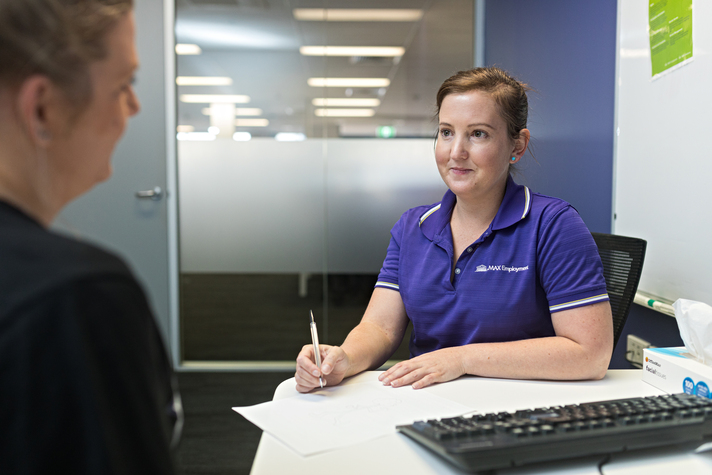
Improve your work-life balance
Having a poor work-life balance can make you really depressed at work.
Long hours (including your commute), a high-stress workplace coupled with things like job insecurity, or inadequate rewards for your work can all contribute to poor work-life balance.
If the hours are an issue, it might be worth having a chat with your boss about more flexible arrangements for your role.
That could be working from home, changing start times to avoid peak hour or moving to part-time.
If your stress is more brought on by your environment it might be worth having an open discussion with your colleagues about ways to improve your workplace.
It is important, however, to keep your health as the major priority. If the job just isn’t right for you there is no shame in finding something that fits better.
Waiting for positive change to happen, especially when you may not have control over it is likely to make you more depressed.
Connect with others
Human beings are social creatures, and we crave connections. Your job might be isolating, or you may have just started and don’t know anybody.
The key to solving this is to get involved. Say yes to social gatherings outside work and strike up conversations on break. You never know how much you might have in common with your colleagues.
Find groups that revolve around your hobbies and meet like-minded people that share your interests.
If you have a family at home be sure to devote quality time to them too. Pushing them away because your depression is a “burden to them” doesn’t help you or your family.
Practice mindfulness
Mindfulness isn’t just a useful tool for managing depression, there is growing evidence that practising mindfulness has a range of wider health benefits.
You don’t need to undertake lengthy meditation sessions to realise these benefits either. Simply shut your eyes and take a moment to focus on your breathing.
Having the time out to “detach” from your negative feelings/emotions and focus on other experiences and those around you can help you feel less overwhelmed at work.
Looking for some more health advice?
This Article was written under the review of David See.
David See is a registered counselling psychologist with a Masters in Counselling Psychology from Monash University.
David has experience in providing mental health services to clients in employment, disability services, and EAP.
Share
Tags
Found this useful?
Help and advice
Our blogs are about helping people seek the information that they need for their steps in the workforce.









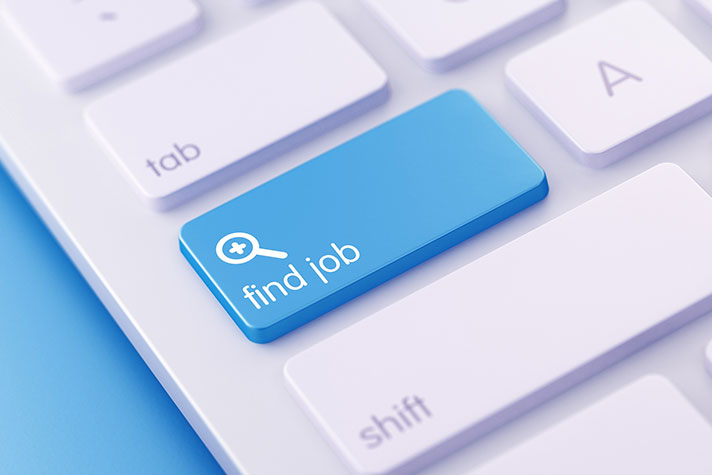




_1.jpg)

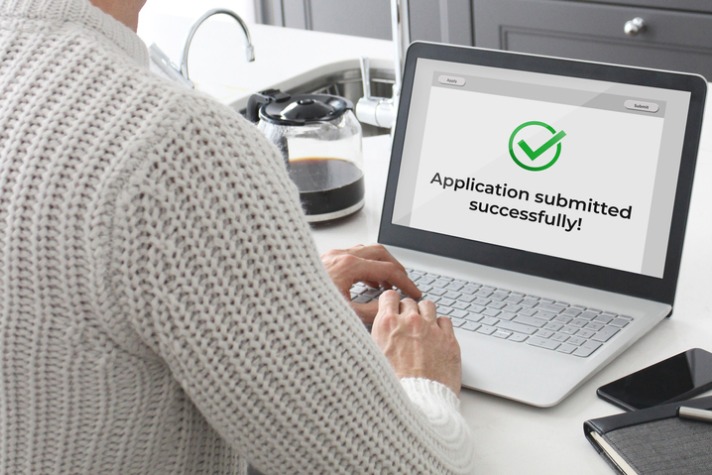


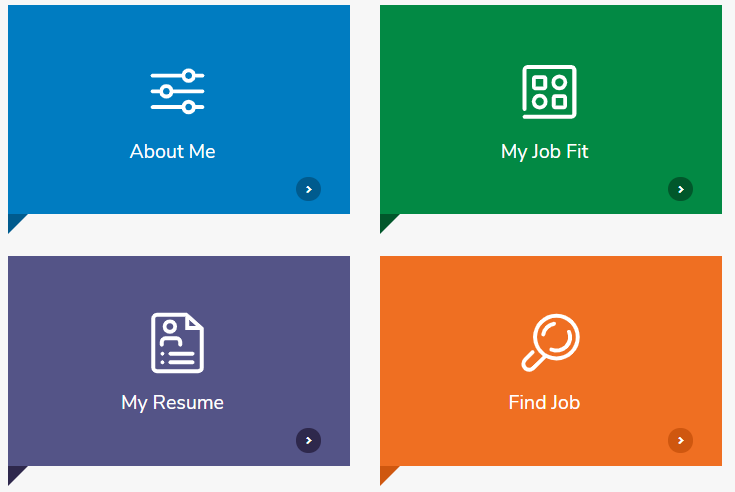

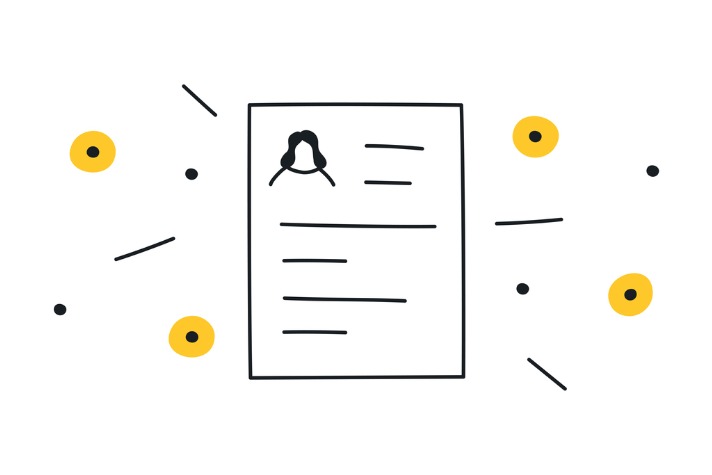

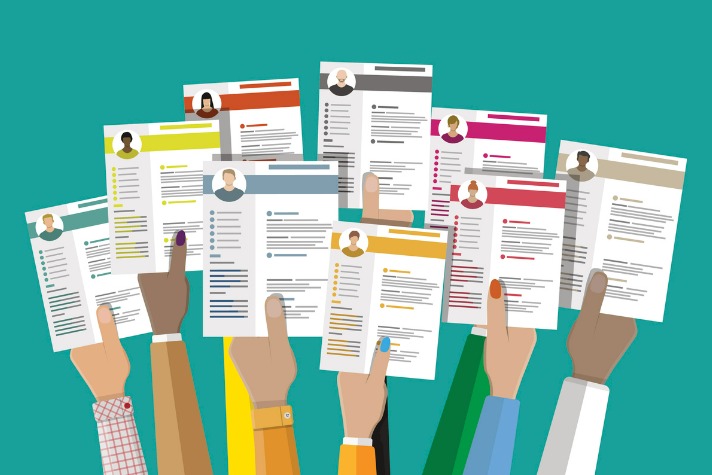
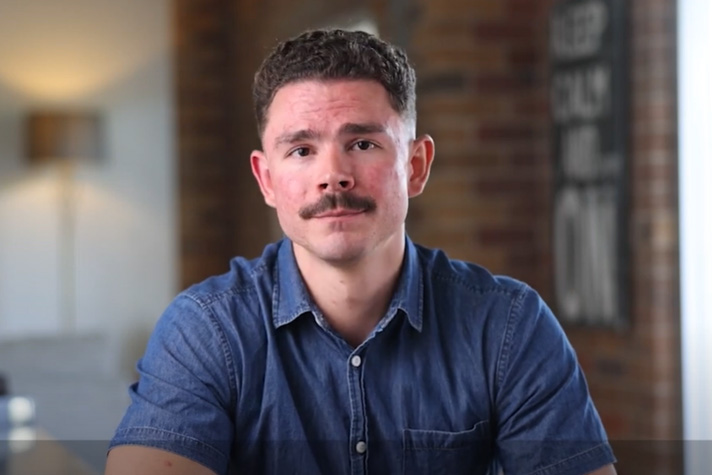



















.jpeg)
